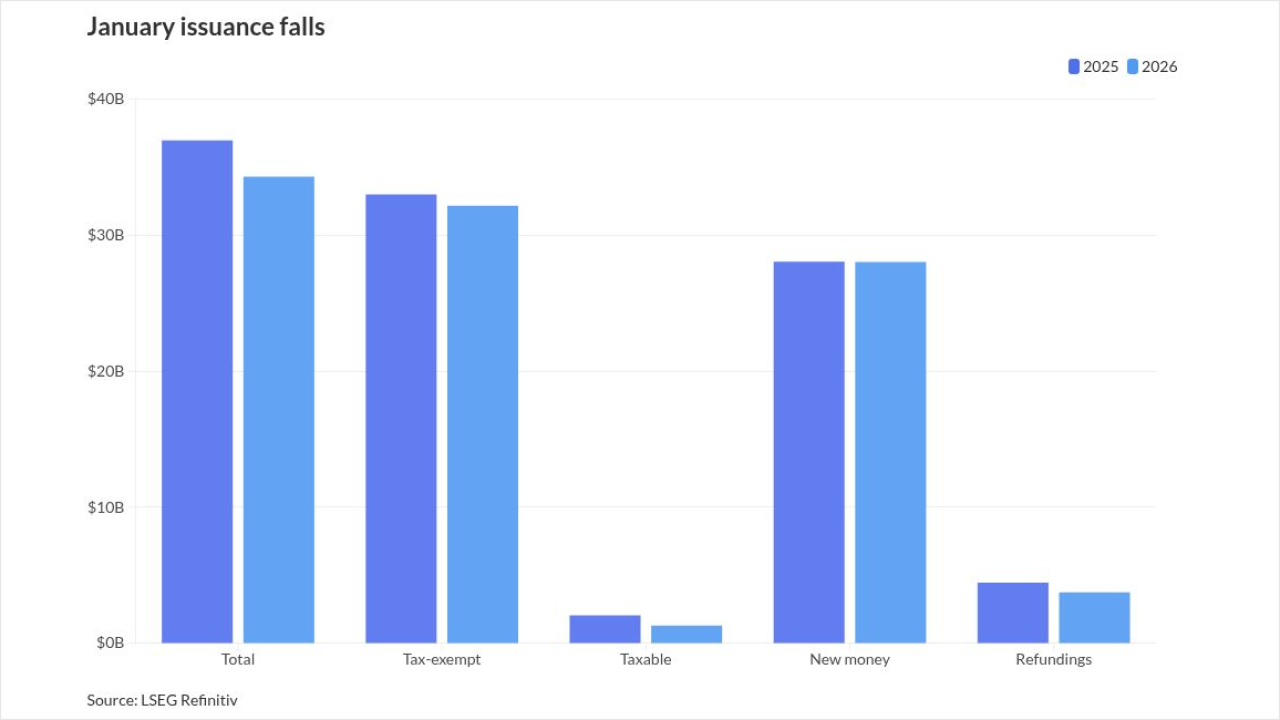CHEYENNE, Wyo. — Registered voters in Laramie County will decide on Tuesday whether they want to pay additional property taxes to renovate local college buildings.
But some local residents are concerned about adding to taxes county residents still are paying for the most recent construction at Laramie County Community College.
Local resident Bill Abernathy said, “I think there are certainly other ways to get what is needed without having to just go to the property owners time and time again to generate this.”
He questioned when the taxing would stop.
The LCCC Board of Trustees is asking voters to approve a $29.5 million bond Tuesday.
If approved, the funds would pay for construction and renovation in three projects at LCCC:
- $7 million for renovation of the Fine Arts Building and construction of a 425-seat performance hall
- $11.2 million for renovation of the Recreation and Athletics Center
- $8 million for construction of a new 350-bed residence hall
The remaining $3,286,000 would cover various fees, a sinking fund and contingency costs.

The renovation of the Fine Arts Building and construction of a new performance hall would cost $14 million. The Board of Trustees plans to ask the Legislature for the additional $7 million for the project.
LCCC President Joe Schaffer said the performance hall would be removed from the plans if the Legislature did not provide that money.
The planned renovation of the Recreation and Athletics Center would cost $14.2 million. If the bond passes, the remaining $3 million would be paid for through increased student fees.
The new residence hall would be the third dormitory building at LCCC. Construction would cost $28 million. Of that, $8 million would come from the general obligation bond and $20 million from a lease revenue bond, which essentially is the rent students pay to live in the residence halls.
Voters approved a $25 million bond in 2013 to pay for construction of the Flexible Technology Building and the Pathfinder Building, which were completed in 2016.
Abernathy said he supported that bond because it further expanded the possibility of keeping jobs in the community and helping students advance to the University of Wyoming.
Rick Johnson, LCCC’s vice president of administration and finance, said residents will pay taxes on that bond until 2029.
If voters approve the proposed bond Tuesday, property owners will pay on that bond until about 2033 – 15½ years from now.
Kenneth Guille, Laramie County assessor, said the amount of taxes a property owner pays toward the 2013 bond varies depending on the value of the property.
He used a $200,000 residential home as an example.
In 2017, that homeowner is paying 1.17 mills toward the principal and interest of that bond. Based on the assessed value of the home, the homeowner would pay about $20-$23 a year toward the 2013 bond, Guille said.
“It’s going to vary every year because the interest rate varies. When you buy a home, you get a fixed rate; when they do these bonds, it’s not a fixed rate,” Guille said.
He said the change is small, though. “I think it changed 0.03 mills from 2016 to 2017,” he said.
Property owners also pay an additional five mills to LCCC every year – four from state statute and one the Board of Trustees approves every year.
That imaginary homeowner would pay about $95 a year toward those five mill levies, which makes the total payment about $117 a year toward LCCC, he said. That’s without the added cost of the proposed bond.
Guille said that same homeowner would pay about $1,371 a year in total property taxes, so the cost toward LCCC is about 12 percent of the total property taxes the person pays.
All property owners in Laramie County annually receive itemized property tax statements from the Laramie County Treasurer’s Office that clearly show how much they are paying to LCCC.
Guille said the proposed bond likely would add an additional $32 annually – about $2.50 a month – to his imaginary homeowner’s payments to LCCC. That’s based on a 3.25 percent interest rate, he said.
Property owners must understand that the amount they would pay toward the bond could be quite different from these numbers if their property is worth significantly less or more than $200,000, though.
“And this is all a moving target because the assessed valuation changes every year,” Guille said.
He based all these numbers on the 2017 assessed valuation of a $200,000 home.
Abernathy said another reason he doesn’t support the proposed bond is because he believes it won’t be the last one. He said he worked as a contractor in the old residence hall at LCCC and is personally aware of how the building is deteriorating.
He said he believes LCCC officials will eventually tear down the building.
“But then they’re still at a shortfall on having available dormitory space for students they want to try to attract to the college,” he said.
He thinks college officials will then seek another bond to build another dormitory.
Schaffer said he believes the revenue from resident students will allow college officials to stop using the old residence hall around 2024.
“However, we will likely be discussing replacing that hall versus just demolishing it,” he said.
Even without the old dorm, the number of beds would exceed 500, which Schaffer said is the number of beds they would like to have.
“We’ll have to assess how the demand is holding up and then determine if we want to pursue replacing the old hall with a new one,” he said.
According to information provided by Johnson, the old residence hall has 92 beds and the second hall has 184. If college officials tore down the old hall and kept only the two newer halls, they would have 534 beds.
Lisa Trimble, interim associate vice president of institutional advancement, said in an email that 598 students applied for residency at the college in fall 2017, but the college currently can house only 276.
Johnson said if the college did have to build another residence hall, the number of students living on campus in the added hall likely would allow officials to fund the construction entirely through lease revenue bonds.
Some local residents have questioned why the proposed residence hall can’t be fully funded with lease revenue bonds, which is how LCCC officials funded the second residence hall.
Schaffer said in an email that it’s because of the rising cost of construction in southeast Wyoming.
Johnson said, “We couldn’t cover the current anticipated project costs entirely through student revenues, as the room rates would be too high to make it marketable.”
As for whether LCCC officials will ask for another bond, Schaffer said, “Barring any natural disasters or other catastrophes, these three projects will finish this work, and I don’t envision any requests to the public for facilities in the longer-term future.”
Abernathy said he also can’t support the proposed LCCC bond when the state’s K-12 education system is facing such a large funding shortfall.
“I don’t see where passing another bond to have some of the fluff that LCCC is trying to generate is worth it,” he said. “I would rather pay taxes for state projects than community college projects.”





